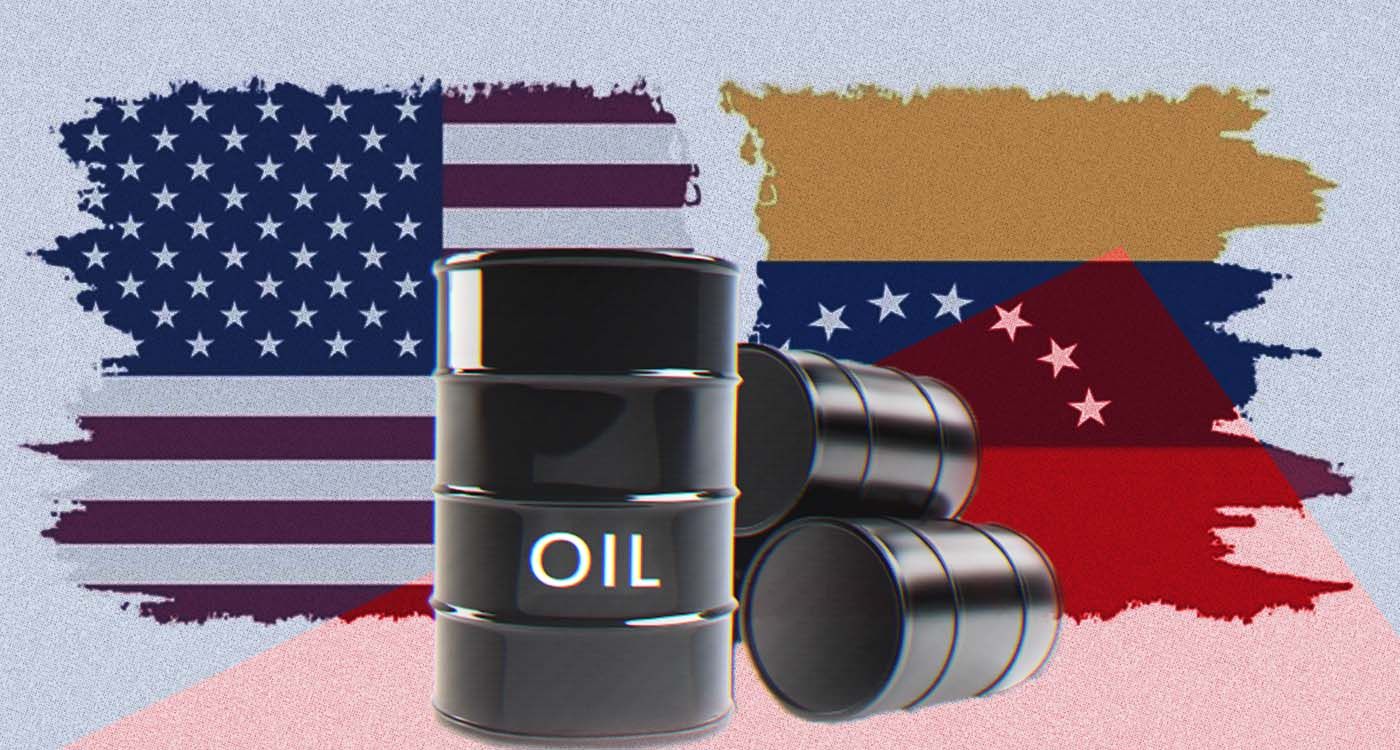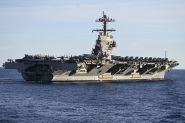- Home
- Middle East
- How Venezuela Became America’s Next Battleground — And Why Iran Is in the Room

©This is Beirut
Venezuela has become Iran’s Western Hemisphere outpost, a security threat floating 1,400 miles from Miami.
There has been no formal declaration of war, no vote in Congress, and no rousing call to liberate a people from tyranny. Yet one of the largest U.S. military build-ups in the Western Hemisphere since the Cold War is sitting a few miles off Venezuela’s coastline. Washington calls it a counter-narcotics mission. Caracas fears it is a slow-motion invasion. The truth is messier, darker, and far more global. The U.S. is gearing up for a battle, one fought in hidden corners of the shadow economy, against Iran’s beachhead in the Americas and its Hezbollah moneymen.
Entering this confrontation, the U.S. dubbed it a campaign against drug trafficking and armed itself with a legal twist: it recast cartels as terrorist organizations. If your enemy is a terrorist, you do not need warrants or Congress. You just need targets. Now, speedboats are getting blown out of Caribbean waters, while drones stalk convoys along Venezuela’s coast. And with each destroyed vessel, the Pentagon insists it is stopping the flow of cocaine. Except the debris often tells another story: fishing nets, empty storage holds, and bodies no one claims.
If this were really about cocaine, Colombia should be the center of the storm. Instead, the U.S. is staring down a country with the world’s largest oil reserves, one whose president Washington has spent years trying to unseat. But oil is not the only reason this crisis escalated from sanctions to warships. Venezuela is not just a struggling petro-state. It has become Iran’s Western Hemisphere outpost.
Iranian advisors help Venezuela build drones and coastal missile systems. A covert air bridge shuttles sanctioned materials and military technology from Tehran to Caracas. Both countries circumvent sanctions through oil-for-gold barter economies. In Washington’s eyes, that is not just defiance. It is a security threat floating 1,400 miles from Miami.
Topple Venezuelan strongman Nicolas Maduro and Iran lose their last major foothold in the Americas. Keep him, and a hostile Iran-led axis gains range. Enter Hezbollah, the ghost network. Hezbollah’s footprint in Latin America is not some Hollywood cartel-in-turbans mythology. It is subtler, more financial than military, yet dangerously frictionless.
What makes Venezuela attractive to Hezbollah is not ideology: it is chaos. Corruption makes borders optional. Small ports become laundromats for cash. Crypto markets provide clean exits for dirty money. Where smuggling is easy, illicit finance is easier. Hezbollah’s role is not to command drug shipments. It is to help money disappear.
A silent war is underway, one against black-market finance. The U.S. strategy today is not just to intimidate but to strangulate. Destroy the boats supplying the shadow economy, freeze the assets of regime-linked traffickers, hunt the financial fixers connecting cartels to Hezbollah, and make Venezuela too costly for Iran to maintain. Rupture the illicit finance pipelines, and these alliances will unravel. No missiles required.
So, is the U.S. starting a shooting war? Not yet.
This is coercive regime change under the banner of counterterrorism. It is an oil chess match with Iran hiding its rook behind a blockade runner. It is the first skirmish of a future where crime, terrorism, and geopolitics merge into a single battlefield.
If military escalation comes, it will not begin with an invasion. It will begin with a mistake. The real danger is not a dramatic U.S. amphibious landing or a Venezuelan missile strike. It is the mundane moment when a confused Venezuelan patrol boat cuts too close to a U.S. destroyer. A warning shot leads to a hit. A hit leads to retaliation. A crisis becomes a war no one meant to start. Meanwhile, the Venezuelan people—hungry, exhausted, and desperate—care less about geopolitics than finding tomorrow’s meal. Their crisis is already catastrophic enough without battleships.
When that spark ignites, the Caribbean—not the Middle East—may become the front line of America’s next major conflict.
Read more




Comments